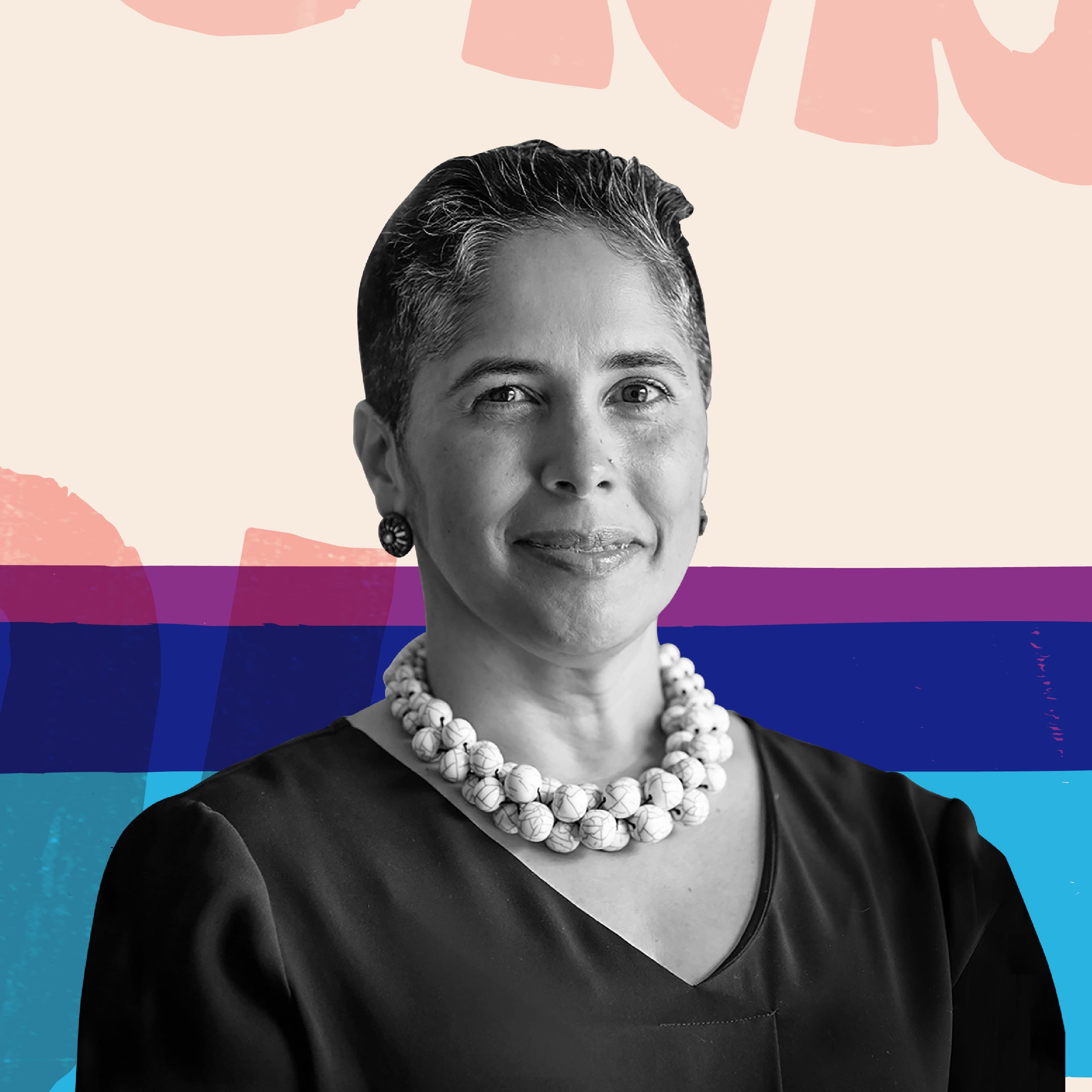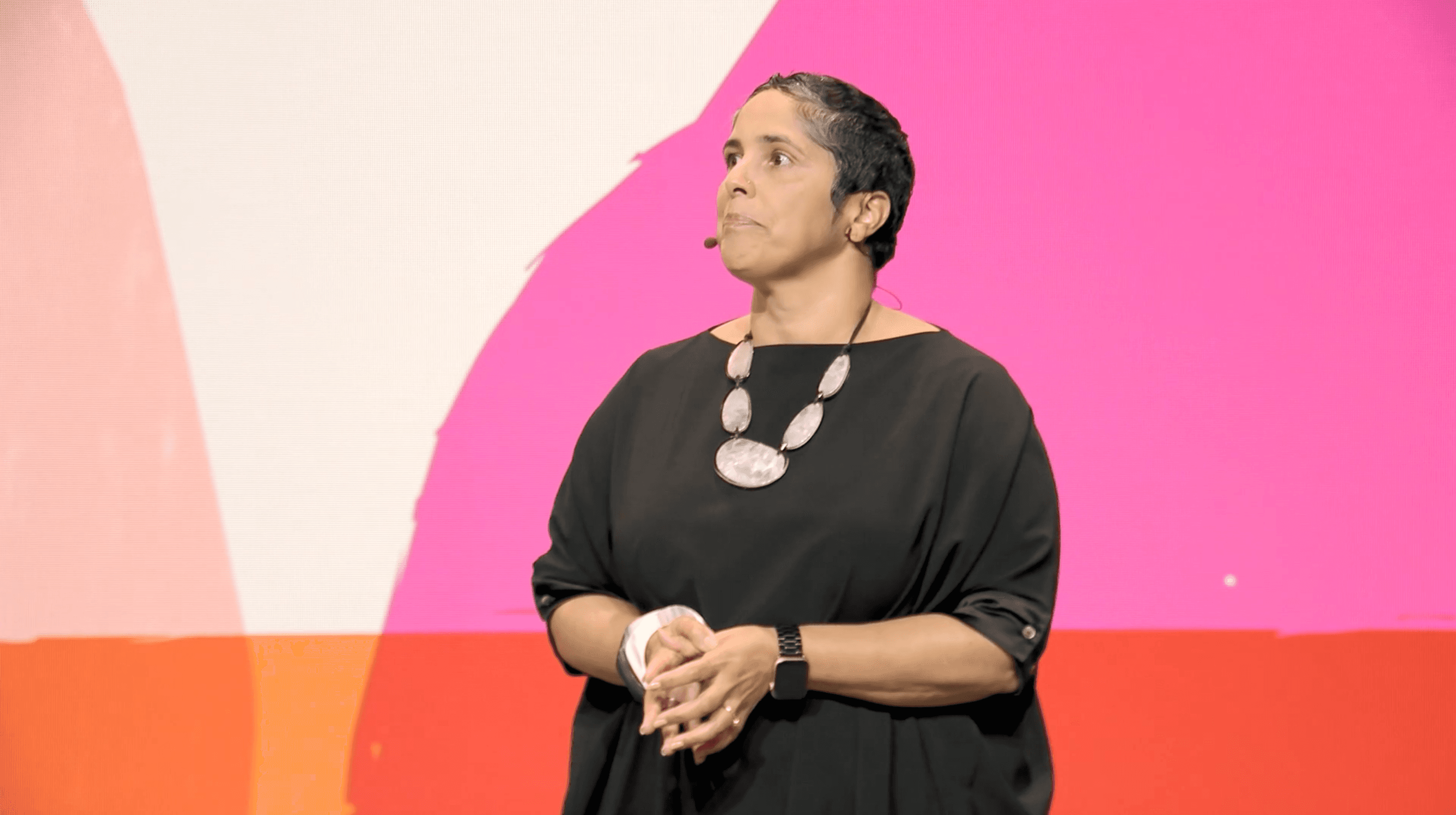Shirley M. Collado, Ph.D.
College Track


Dr. Shirley M. Collado at Demo Day 2022
Shirley M. Collado’s mission is to help remove the obstacles that hold students back from fulfilling their educational potential. She has broken down barriers over the course of her career; as the ninth president emerita at Ithaca College, Collado was not only the institution’s first president of color, but also the first Dominican American to be president of a four-year institution in the U.S. Today, she serves as president and CEO of College Track, a college completion organization focused on fulfilling the promise of higher education for all students. By working to advance innovative approaches that expand student access and success, Collado opens doors that will not only lead to economic mobility, but to broader social change.
Earlier in her career, Collado served as executive vice chancellor and chief operating officer at Rutgers University-Newark; dean of the college and vice president for student affairs at Middlebury College; and executive vice president of The Posse Foundation. She is the Brooklyn-born daughter of Dominican immigrants, and the first person in her family to graduate from college.
About College Track
College Track is a comprehensive college completion program committed to democratizing potential through the power of higher education. From high school and college graduation to meaningful careers that advance social mobility, its 10-year program systematically removes academic, financial, and social-emotional barriers to ensure first-generation students from low-income communities can pursue lives of opportunity, choice, and power. College Track has served nearly 5,000 students across 12 communities in California, Colorado, Louisiana, and the D.C. Metro Area, as well as more than 1,100 alumni.
Learn more about College Track here.
When you look back in five years, what do you hope you and your organization have accomplished?
In five years, I know College Track’s identity as the most comprehensive college completion program will be widely affirmed. We will serve thousands more students across the nation in partnership with colleges and universities that truly walk the walk of educational justice. Our role as a valued collaborator and visionary partner will have precipitated a sea change in higher education, creating the right sets of conditions for students from all walks of life to thrive, graduate from college, and launch into meaningful careers.
College Track’s changemakers—our alumni and high school and college scholars—will not only experience and expect social and economic mobility, but conceptualize it in a way that is inextricably linked to civic engagement, community pride, and social change.
Our innovative approach also will have inspired collaboration among the nation’s nonprofits—both in the college access realm and in areas of intersectionality, as the connections between educational equity and environmental justice, healthy communities, and immigration rights become clear.
How is the changing climate impacting your work?
There is little room for doubt that the relentless and unapologetic nature of our climate crisis primarily impacts the communities and the scholars that College Track serves. When we view educational equity as social justice, we understand the necessity of College Track’s work to not only equip our students with a bachelor’s degree, leading toward a life of opportunity, choice, and agency, but to do so in the context of the empowerment of their communities.
Additionally, it is clear that the intersectional nature of the most fundamental and complicated global issues demands engagement from voices and perspectives outside of the power structures from which these issues surface. Finding solutions to the major challenges facing humanity, such as climate change, requires the disruption of current paradigms of power—paradigms that were never built for scholars such as those we serve to thrive or succeed.
Our work at College Track centers people, voices, and perspectives that are often overlooked. This moment of reckoning around our climate crisis requires courage. It is incumbent upon us to have that courage, to drive forward in fulfilling our mission with the understanding that in doing so, we can shape one of the most pressing issues that jeopardizes our shared humanity and all of life on earth.